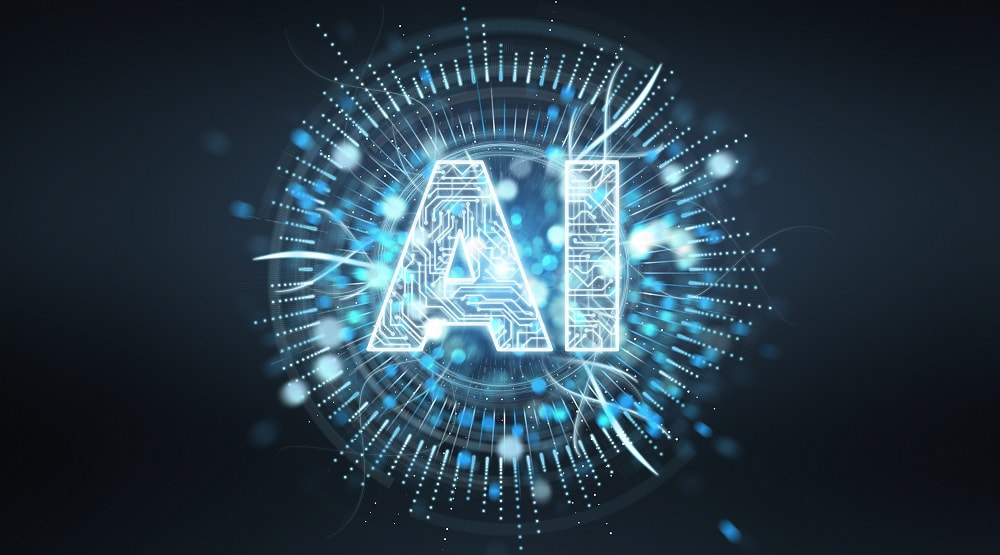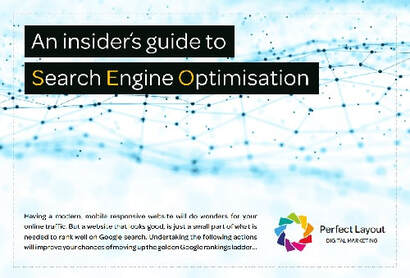|
AI-powered marketing exploits artificial intelligence and machine learning for calibrated decisions. Data collection and analysis are the heart of AI marketing since they help anticipate customer and economic trends that will impact your digital campaign. AI marketing is not a novel concept, with the first “smart” advertisement traced to M&C Saatchi for a fictional London coffee company back in 2015. But, of course, the technology and adoption have grown by leaps and bounds since then. Today, businesses implement machine learning in their marketing efforts, especially if speed is crucial. For instance, Amazon is considered the yardstick for product recommendation as it uses past purchases and browsed items to endorse other products the customer may like.
However, it still falls short of a fully customised experience. Technology is constantly playing catch-up to customer demands, which is why customer insight is critical to informing business strategies. Below are some examples of AI-powered marketing: Conversational Marketing The process utilises chatbots, social messaging, and live chats to initiate real-time interactions between the brand and the customers. Speed can be your friend or enemy. For example, according to a Harvard Business Review paper, you only have five minutes or less to convert a lead. Beyond that, your chance of success plummets by 400%. While the yardstick remains, human interaction technology enables you to skip this process and use AI to resolve casual or even complex issues. Another advantage is that chatbots can also collect customer data and use the information to personalise your service. Machine Learning As the name suggests, this type of artificial intelligence can analyse data and predict outcomes using historical data and complex algorithms. You don’t need to program the software whenever you need new parameters since it adjusts automatically after encountering new values. Machine learning is used in speech recognition, medical diagnosis, and predictive analytics. In marketing, machine learning is critical in anticipating customer behaviour, spotting new market trends, generating leads and personalising the client experience. Deep Learning The technology involves facial or voice recognition and image or text classification for hyper-personalisation. For instance, you can identify which clients prefer specific images, words, or banner ads so that you can single them out for your sales funnel. Another example is to build a dynamic website that changes accordingly depending on who is browsing. With deep learning, you can even anticipate customer needs even before the desire sets in. Like clockwork, you also determine the optimum times to deliver your sales pitch and the delivery method for greater chances of conversion. That’s next-level personalisation that your competitors could only dream about. Personalised marketing is not just an empty buzzword. For instance, more than 7 in 10 customers feel frustrated by impersonal contacts, while 8 in 10 will likely purchase from a brand that offers a personalised experience. However, you simply can’t walk to the battleground without proper ammo. You need to parse, analyse and use data intelligently to engage your customers so that they feel like individuals and not simply a means for profit. AI can help elevate your digital campaigns and give them renewed focus.
0 Comments
Your comment will be posted after it is approved.
Leave a Reply. |
Topics
All
|
Insider's guide to Search Engine Optimisation
Are you ready to improve your own website? Here's a front-page preview to our guide that can help. Complete the form and download your free copy!
Perfect Layout Digital Marketing
|
HoursM-F: 9am - 5pm
|
Telephone |
|
Copyright © 2024. All rights reserved. Blog policy. Privacy Policy. Photography by Picture Partnership






